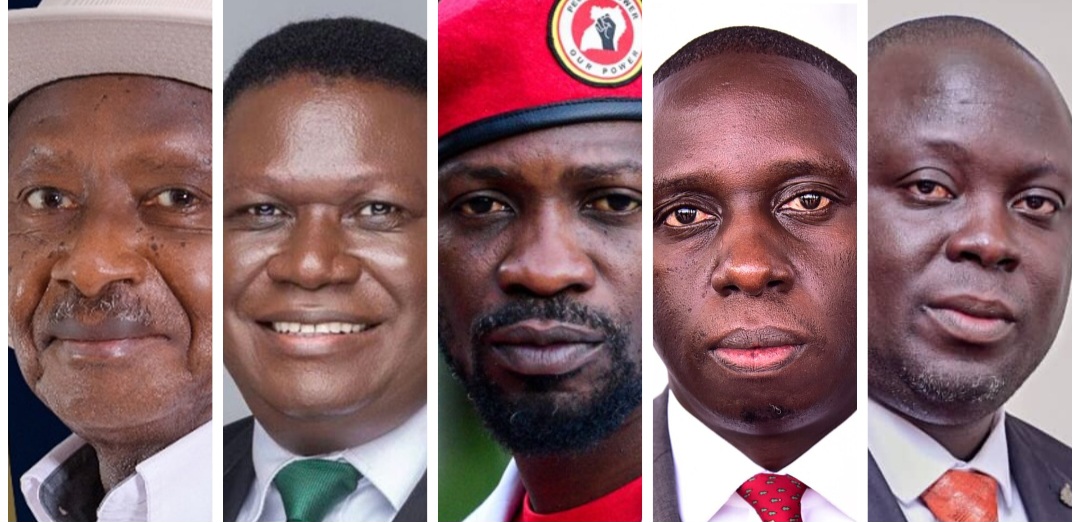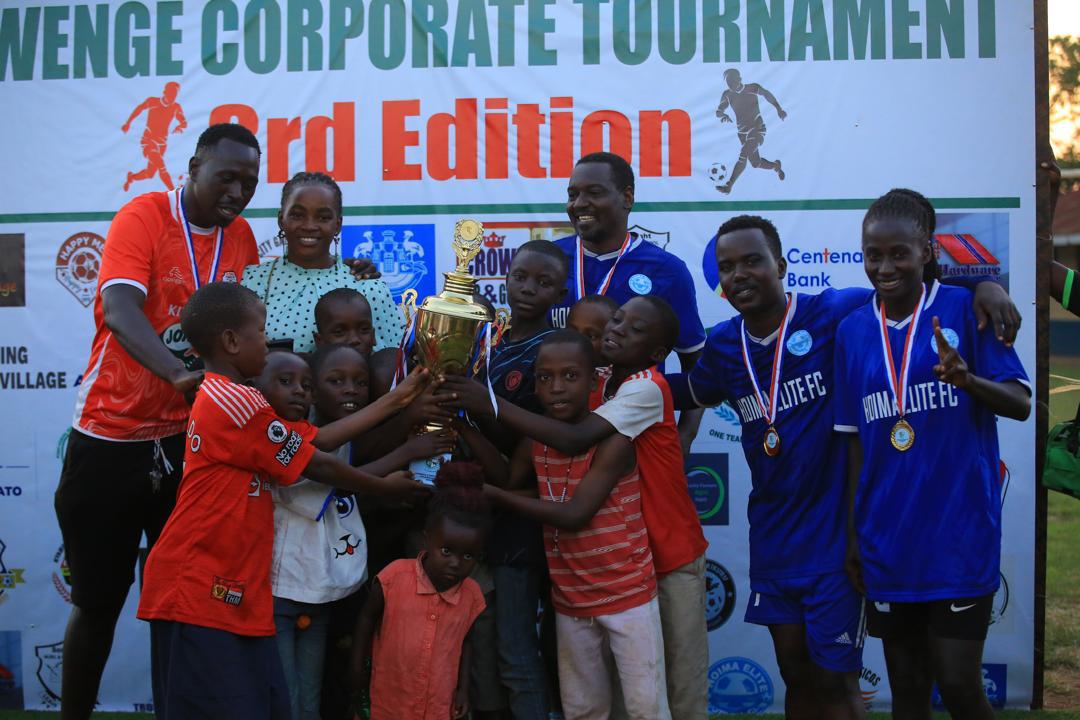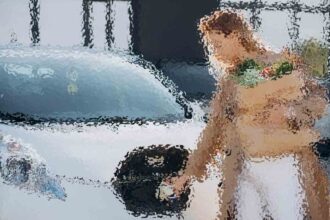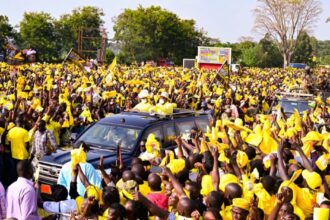Facing 2026, on one hand there is the National Resistance Movement (NRM) with evidently open and popular internal party (primary) elections, and on the other are the opposition parties with “whispers in the corridors” kind of elections. From village to district level, NRM has displayed its popularity card with the populace.
Take it or leave it: party that will win general elections is seen from how it conducts its internal elections. You cannot have a process closed to the masses and expect their involvement on your behalf. A party without candidates at the grassroots cannot claim to have supporters or members there. On this ground, NRM has already sealed an advantage over its competitors.
Nevertheless, it’s not a war we are engaged in but healthy, competitive multiparty democracy. I, therefore, congratulate NRM”s competitors upon going through internal electoral processes including the newly formed PFF, then DP, UPC, and NUP. Recall that all these activities are “facilitated” by the NRM which is in charge of government and which ensures a secure environment for all players to do their thing. The Executive is also in charge of the Independent Electoral Commission (IEC) which organises and manages general elections at which the competing sides meet to vie for the positions available in the national administration and representation structures.
The fact that NRM puts in place the conditions for the conduct of elections regularly is also an achievement which ought to be rewarded during the same electoral cycles, but many don’t see this. Earlier governments didn’t hold elections regularly, if they did at all. Among NRM’s competitors are players that have at times indicated readiness to fail the holding of elections.
Why? Because they know that holding elections successfully earns “marks” for the NRM. It takes away a part of their basis to assert that there is no democracy in Uganda.
Even when they claim that elections are not “free and fair”, their argument is counted by the question: “but how come that your candidates won seats in the same process?”
NUP held what they called a delegates conference recently at which they elected a new leadership of the party. From the information available, the conference attendees included members of the party’s Parliamentary caucus and other delegates selected by the party president. It was a closed affair, meaning that it was more of an “enclave” arrangement. By NRM standards, a delegates’ conference is an affair of numbers, all being elected leaders from different levels in the party’s structures countrywide. NRM’s delegates’ conferences are usually held at Namboole stadium due to the large numbers involved, which cannot be accommodated in a boardroom or hotel conference room. Wait and behold what the upcoming one (in August) will be like!
NUP didn’t use Namboole or Kololo or any other ample space to claim to have had thousands attending. What does this say about the party’s strength and its claim to popular appeal, on top of living up to its condemnation of NRM which they claim doesn’t abide by democratic procedures in determining its leadership and policy issues?
At the time of the Kawempe North byelection, we were asking questions about the fact the party didn’t hold party primaries involving the Kawempe voters-and even in 2021. Party tickets are awarded at the leisure of the party leadership at the headquarters, a practice that had given rise to allegations of influence peddling and corruption. For a party vouching for change, this change needs to be seen in action. Behaving authoritarian while accusing others of the same tendencies beats logic.
By holding a conclave-like delegates conference, without an excuse of Covid-19 era scientific protocols, NUP should acknowledge that its internal processes are not democratic (enough) contrary to expectations it sets on others. Was it fear of accountability, lack of a presence in most electoral areas of the country or the basis of a plan to ringfence positions in the party hierarchy and reserving party cards for candidates favoured by the top leadership?
Is this part of the planning for the socalled “protest vote”, as in, you go into the elections but for a different purpose? Protest vote or not, the broader party membership needs to be involved in the activities. Sidelining them is undemocratic and a ground for them to rethink their membership and voting decision at the end of the day.
Heading into the 2026 elections, NUP has a task to prove to Ugandans that it has a countrywide reach. A delegates’ conference with mass and diverse geographical (elected) representation would help start to answer that question.
It is usually said that when you opponent is making a mistake, don’t warn them. However, if we don’t warn and advise our opponents, at the end of the day they will disturb all of us.
They endanger our democracy! Failing to make head way at the elections, they will come back and start claiming to have been rigged out whereas it is apparent from the preparatory stages that they don’t have the ground. Some react with irritation to being asked questions, which illustrates how they are not ready to for the kind of democratic practices they claim to champion most.
The “simple” activity of protecting one’s vote requires a presence at every polling station. If you cannot garner delegates from across the board, how can you be sure of votes from a population you don’t know; how will you coordinate campaigns, voting and ascertaining returns?
Ugandans are watching keenly!
The author is the Special Presidential Assistant-Press & Mobilisation/Deputy Spokesperson
Email: faruk.kirunda@statehouse.go.ug
0776980486/0783990861
Do you have a story in your community or an opinion to share with us: Email us at editorial@watchdoguganda.com









